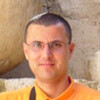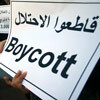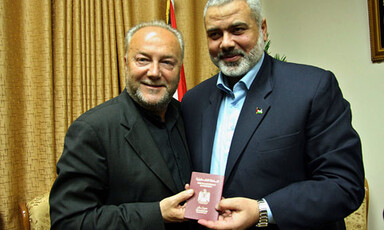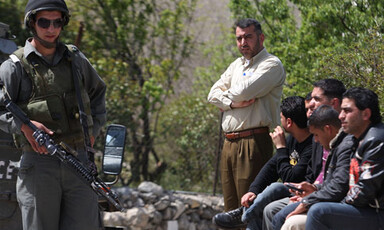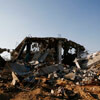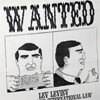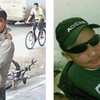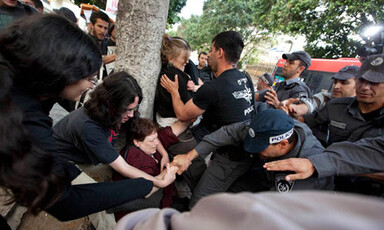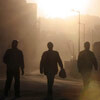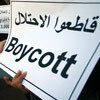
Gaza housing, water situation still dire
29 May 2009
TEL AVIV (IRIN) - Reports published recently by various organizations paint a grim picture of life in Gaza more than four months after the 23-day Israeli offensive ended on 18 January. At the end of April 2009, UNRWA and the UN Development Programme (UNDP) completed their assessments of damage caused during the offensive: Some 3,500 houses were totally destroyed or are beyond repair and many others have yet to be repaired. Read more about Gaza housing, water situation still dire


